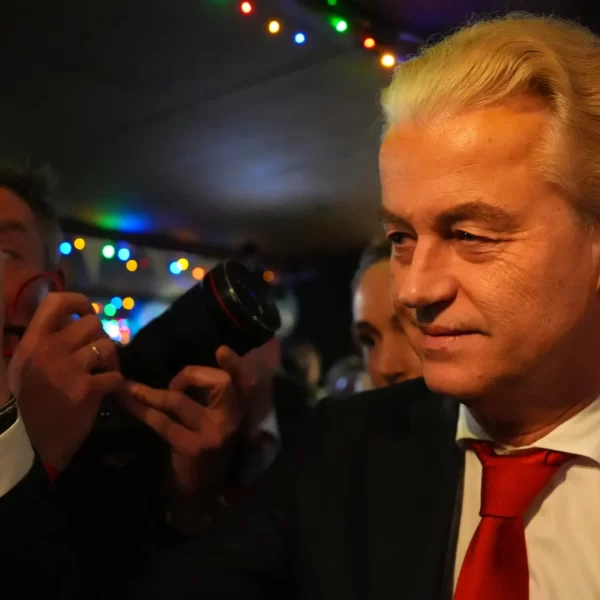Stakeholders fear that foreign students’ access to Dutch education will be “limited” as a result of the election results in the Netherlands.
The right-leaning NSC also made gains, which is disastrous for the nation’s left-leaning parties. The Dutch Freedom Party, or PVV, now holds the most seats in the parliament.
Given both NSC and PVV’s persistent and outspoken support for immigration restrictions, it was exactly what numerous colleges and professionals in international education had expected. According to study.eu founder Gerrit Bruno Blöss, “both the PVV and their coalition partners have made clear in the past that Dutch people and Dutch students would be their priority.”
Calls to limit the number of non-EU students entering the country have gotten louder in recent years, stemming from that housing crisis that impacted the entire nation. At the end of 2022, Robbert Dijkgraaf, the minister of education at the time, requested that the hiring of foreign students be suspended.
A proposed bill on internationalisation in higher education has been discussed and presented throughout 2023; it calls for Dutch to be the “main language of instruction” for all students, native and foreign. This proposal has raised a lot of concerns among institutions.
Dutchwoman Nannette Ripmeester, European director of i-graduate, expressed her disbelief at the outcome, calling it “shocking to the bone.” It will significantly affect the perception of internationalisation and foreign students.
The NSC party, led by Pieter Omtzigt, who has divided the Dutch debate on internationalisation by advocating for stricter immigration laws for students, is also garnering a sizable portion of the vote.
The industry has not done a good enough job of explaining how the presence of overseas students benefits our economy, society, government coffers, labour shortages, classroom standards, competitiveness in the future, and our soft power in the global arena.
The higher education industry still upholds the same ideals and continues to be open to scholars and students from around the world.
A third of international graduates in the Netherlands continue to work, so this is a solution that might be positively impacted by more international graduates. In August, it was reported that four out of ten Dutch forms were calling personnel shortages a “serious” issue.

